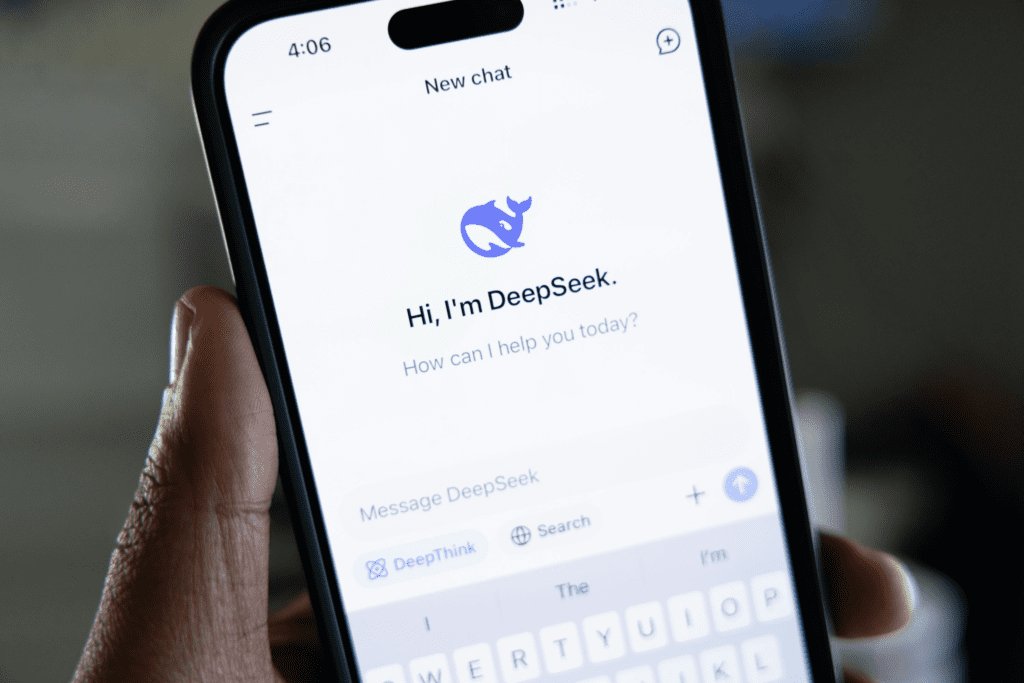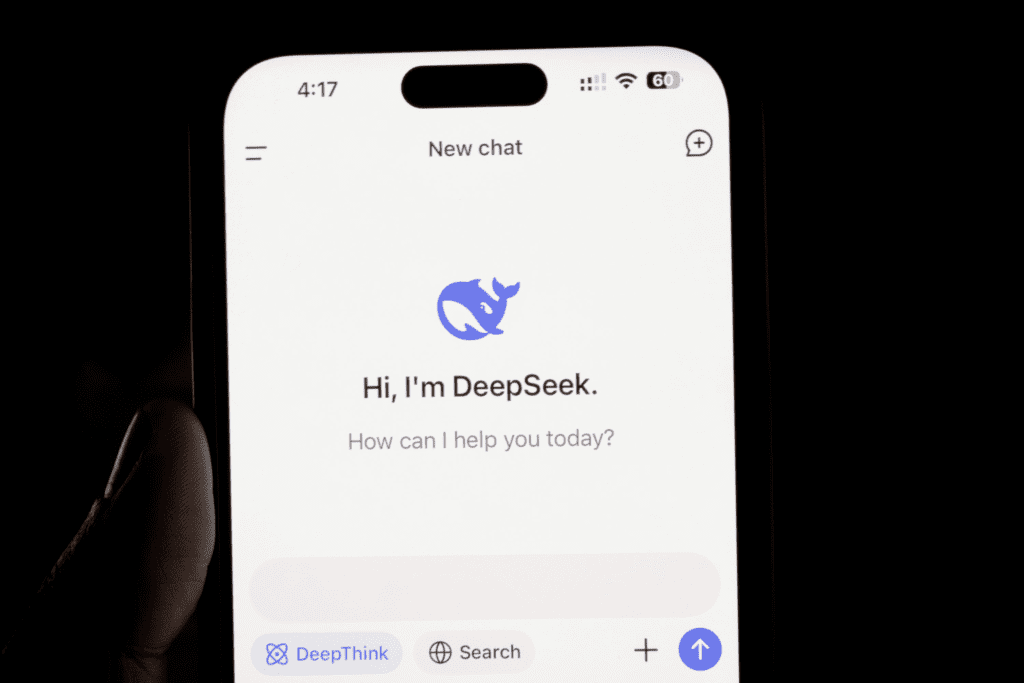The Japanese government has advised officials to be cautious while using DeepSeek, an artificial intelligence model developed by a Chinese startup. Authorities are concerned about security risks, especially since the data is stored in China and falls under Chinese law. A formal notice reminded officials not to use generative AI for highly confidential matters and to consider risks for other purposes. DeepSeek has gained attention worldwide for being cost-effective and performing at a level similar to ChatGPT.
Japan Urges Caution Over the Use of DeepSeek AI
The Japanese government has issued a warning to officials about using a Chinese artificial intelligence (AI) chatbot called DeepSeek for work. The authorities have raised concerns about security risks, as the data processed by this AI is stored in China and is subject to Chinese laws.

This announcement came as part of a formal notice sent to government ministries and agencies. Officials have been reminded not to use AI chatbots for sensitive or classified information. They have also been advised to carefully assess potential risks before using DeepSeek for any official purpose.
But why is Japan worried about this AI model? And what does it mean for the future use of AI in the workplace? Let’s take a closer look.
Why Is Japan Concerned About DeepSeek?
Artificial intelligence has become a powerful tool in many industries. AI chatbots can help with tasks like summarizing reports, answering queries, and even assisting in decision-making. However, when it comes to government work, security and privacy become major concerns.
DeepSeek is an AI model developed by a Chinese startup. It has received a lot of attention worldwide because it was reportedly created at a much lower cost than some of its American competitors, like OpenAI’s ChatGPT. Despite its lower development cost, it claims to perform at a similar level.
However, there is one major issue—data security. The Japanese government has pointed out that all data processed by DeepSeek is stored on servers in China. This means that if any sensitive or confidential information is shared with the AI, it could be subject to Chinese laws and regulations.
Additionally, if any disputes arise over the use of DeepSeek, they would be handled under Chinese legal jurisdiction, not Japanese law. This could create complications for the Japanese government when it comes to protecting sensitive information.
Government’s Official Warning
To address these concerns, a group of directors general from various ministries sent out an official notice. The notice made it clear that:
Generative AI tools should not be used for highly confidential information.
Officials should carefully assess the risks before using AI for any government-related work.
DeepSeek’s data is stored in China, and its use is subject to Chinese law.
The chatbot must be cleared by the National Center of Incident Readiness and Strategy for Cybersecurity and the Digital Agency before being used.
By issuing this warning, Japan wants to ensure that sensitive government data is not exposed to potential risks.
The Rise of AI and Its Challenges
Artificial intelligence has been growing rapidly in recent years. AI models like ChatGPT, Google Gemini, and now DeepSeek are being used for many purposes, from writing emails to creating complex reports. While these AI tools are useful, they also come with security and privacy concerns.
One of the biggest risks of AI chatbots is data leakage. When a user inputs information, the chatbot processes it and sometimes stores it for future learning. If the chatbot is managed by a foreign company, there is a possibility that the data could be accessed by that company’s government.

For example, similar concerns have been raised about TikTok, a social media app owned by the Chinese company ByteDance. Many governments, including Japan and the United States, have restricted the use of TikTok on government devices due to fears that data could be accessed by the Chinese government.
With DeepSeek, the concern is the same. Since the AI operates on Chinese servers, Japan is worried that important government data could be at risk.
How Other Countries Are Responding
Japan is not the only country being cautious about AI tools developed by foreign companies. Several governments worldwide have taken steps to restrict or regulate AI use in sensitive areas.
United States: The U.S. government has placed strict regulations on AI models that collect and store data. It has also banned certain Chinese technology companies from operating in the country due to security concerns.
European Union: The EU has introduced the AI Act, which sets clear rules for AI development and use, particularly for high-risk AI applications.
India: India has also been discussing AI regulations to ensure that national security is not compromised.
Japan’s warning about DeepSeek shows that the country is taking proactive steps to protect its government data.
What Happens Next?
The future of AI in government work remains uncertain. On one hand, AI tools can increase efficiency, automate tasks, and improve decision-making. On the other hand, there are serious concerns about data security and privacy, especially when using AI tools from foreign countries.

